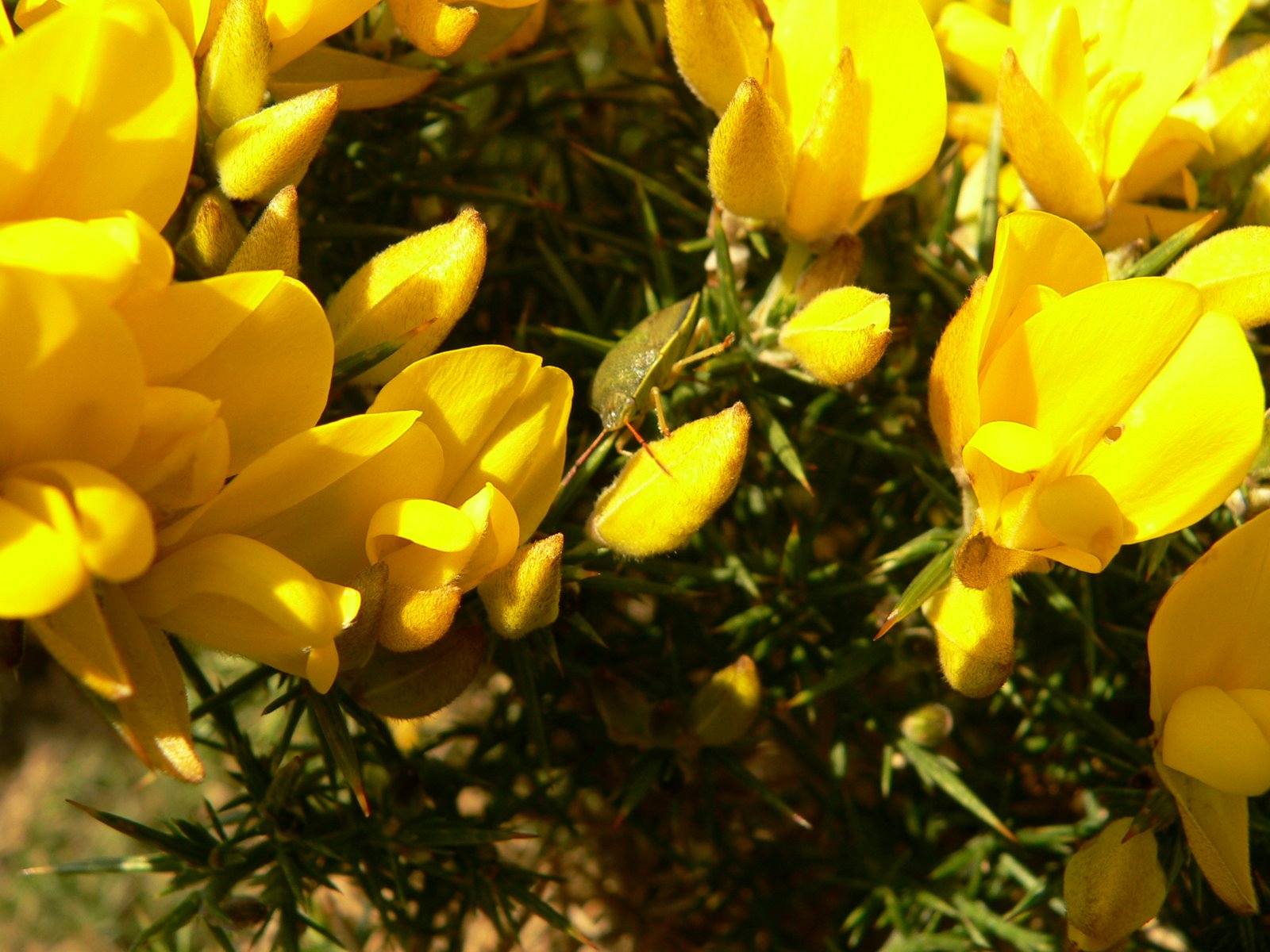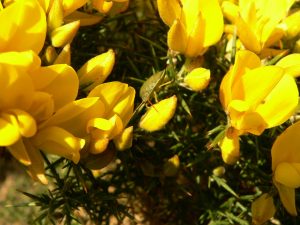When I ask people what they think are the most detrimental impacts to biodiversity the majority are sure to mention climate change and something related to development or construction. If mentioned at all, invasive plants are thought of as a secondary or minor threat in comparison. However, invasive plants- those non-native plants that cause significant economic, environmental and social damage- are just as destructive and widespread. Not only do they out compete local flora but they can sicken livestock, increase soil-erosion potential, harbour pests and diseases, damage infrastructure and decrease the quality of recreational activities.
Often the dilemma surrounding invasive plants is related to awareness. Most people do not know which plants are problem species let alone what impacts they have, or how to get rid of them. That is why the Invasive Plant Council of British Columbia (IPCBC), in conjunction with the Fraser Valley Invasive Plant Council, is rolling out their ‘Stop the Spread’ campaign. You may have caught some of our media coverage surrounding the Giant Hogweed on BCTV and CTV recently. Although the Giant Hogweed garnered so much attention due to its toxic sap which can result in sunlight-sensitive burns, there are over 20 other high-priority species within the Fraser Valley. Himalayan blackberry, butterfly bush, English ivy, Tansy ragwort and purple loosestrife are some of the more common invasives. In fact more than a few of these species can be found on campus.
Invasive plants have arrived, and continue to arrive, in the Fraser Valley via many pathways including: tag-alongs from immigrates or tourists, as garden escapees, from bird seed mixes, construction equipment, hay and wildflower mixes. IPCBC needs the cooperation of many different parties to stop the spread. We offer informational presentations for all age and interest groups, attend public events and organize community weed pulls FREE OF COST. If you are interested in any of our services contact me by email. For more information you can also visit our website or Facebook page.
Greg Bauch (Outreach Specialist with the Invasive Plant Council of BC)



